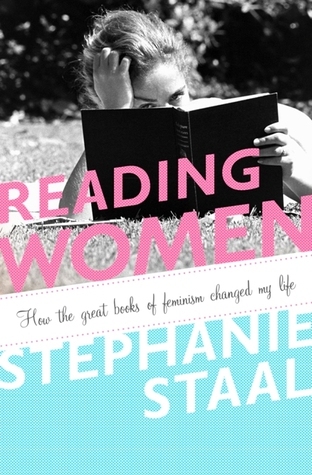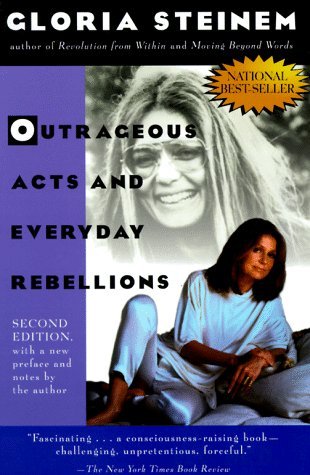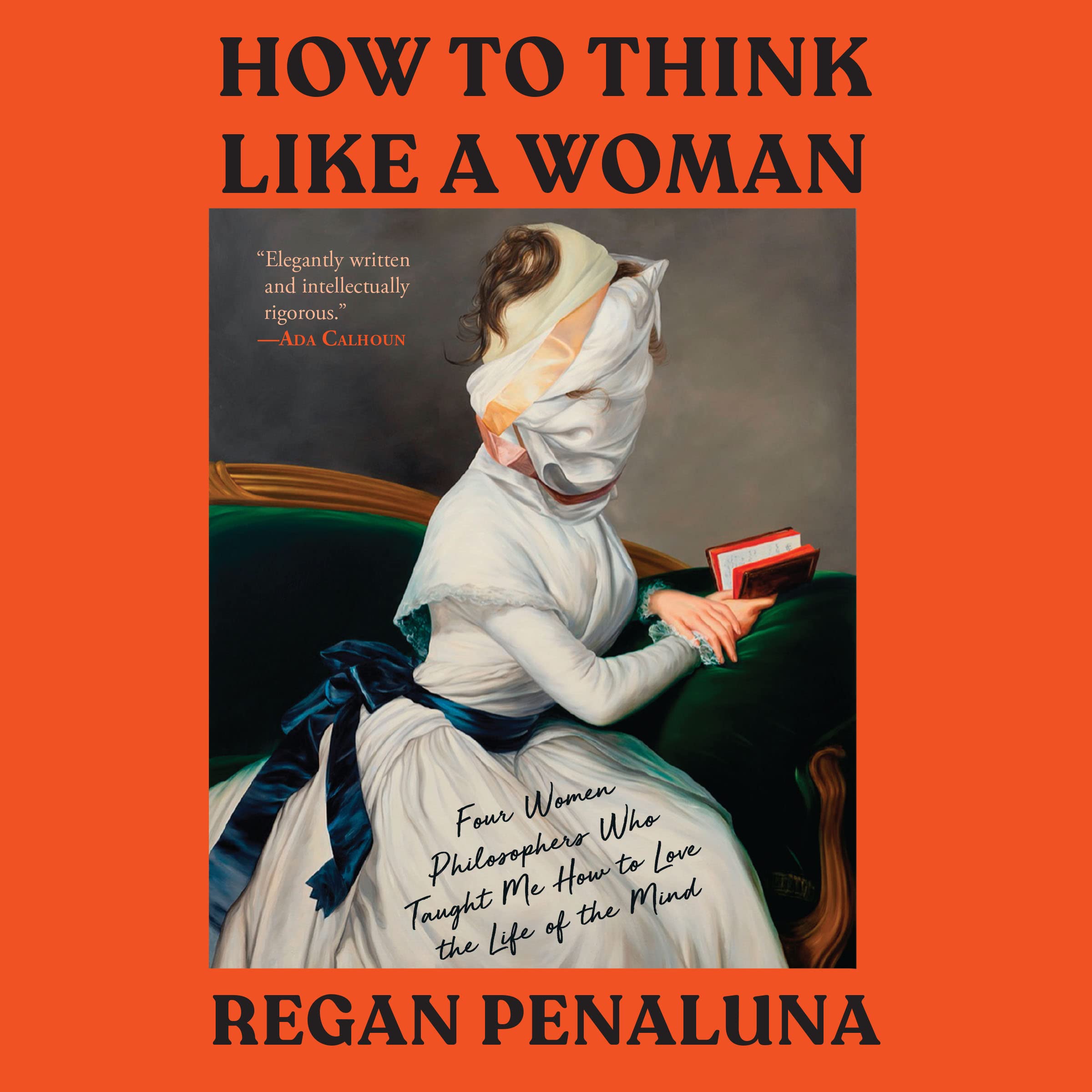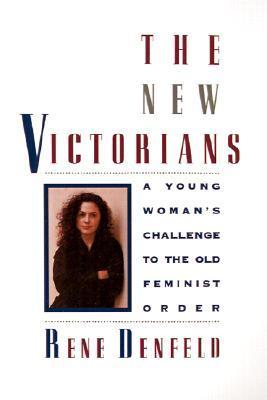
Reading Women: How the Great Books of Feminism Changed My Life
Book Description
What if the words of legendary women writers could reshape your life? In 'Reading Women,' Stephanie Staal embarks on a transformative journey through the pages of feminist classics, where each book unlocks a new layer of understanding about identity, ambition, and the fight for equality. As Staal delves into the works of giants like Virginia Woolf and Maya Angelou, she grapples with personal battles and societal truths, revealing the profound impact literature can have on self-discovery and empowerment. Can a single book spark a revolution in your soul?
Quick Book Summary
"Reading Women" by Stephanie Staal weaves memoir, literary criticism, and feminist theory into a personal journey of rediscovery. Feeling disconnected after marriage and motherhood, Staal returns to the feminist classics she once studied in college. Through works by Simone de Beauvoir, Virginia Woolf, Betty Friedan, and others, she re-examines pivotal questions about womanhood, independence, and identity. Staal explores how these books hold new meanings at different life stages, prompting her to confront both societal expectations and her own desires. The book ultimately celebrates literature's enduring power to initiate self-reflection and growth, demonstrating that engaging with timeless feminist texts can be a profound act of personal and social transformation.
Summary of Key Ideas
Table of Contents
Rediscovering Feminism Through Literature
Stephanie Staal embarks on her journey after feeling unmoored in her new roles as wife and mother. Seeking answers beyond daily routines, she re-enrolls in a feminist literature course she once took as an undergraduate. Her quest is motivated by a desire to reconnect with parts of herself that seem overshadowed by domestic responsibilities and changing relationships. By revisiting seminal works, Staal begins to question what it truly means to be a woman in contemporary society and how those definitions shift with time and circumstance.
The Evolving Meaning of Womanhood
As Staal reads the words of authors like Simone de Beauvoir, Betty Friedan, and Virginia Woolf, she grapples with the evolving nature of feminism. The books become mirrors, reflecting new interpretations that resonate with her adult experiences. She identifies with Friedan's "problem that has no name" and Woolf's musings on the need for a "room of one's own," recognizing their relevance in both personal and modern contexts. These reflections illuminate how feminist concerns persist, albeit in changing forms, across generations.
Negotiating Identity Amidst Societal Expectations
Central to Staal's memoir is the tension between societal roles and individual aspirations. She confronts ingrained expectations of femininity, wifehood, and motherhood, questioning which desires are authentically hers and which are products of cultural conditioning. Staal considers how her ambitions as a writer and thinker intersect or conflict with the demands placed upon her as a woman. The narrative delves into the struggle to maintain a sense of self amidst the pressures and compromises of adult life.
Motherhood, Marriage, and Ambition
Motherhood, a recurring theme, challenges Staal to reconcile her longing for independence with her deep love for her family. The feminist texts she revisits provide frameworks for understanding the complexities of care work, domesticity, and female ambition. Through candid self-examination, she navigates the guilt that often accompanies prioritizing personal goals, ultimately arriving at a deeper acceptance of the multifaceted nature of modern womanhood.
Books as Catalysts for Empowerment
Staal's story is both personal and universal, revealing the power of literature to drive lasting personal change. Each feminist classic serves as both a touchstone and catalyst for her evolving sense of self. "Reading Women" underscores the enduring relevance of feminist thought and the transformative potential of reading. By engaging deeply with these texts, Staal finds not only answers but also new questions, inspiring readers to undertake their own journeys of self-discovery and empowerment through books.
Download This Summary
Get a free PDF of this summary instantly — no email required.





